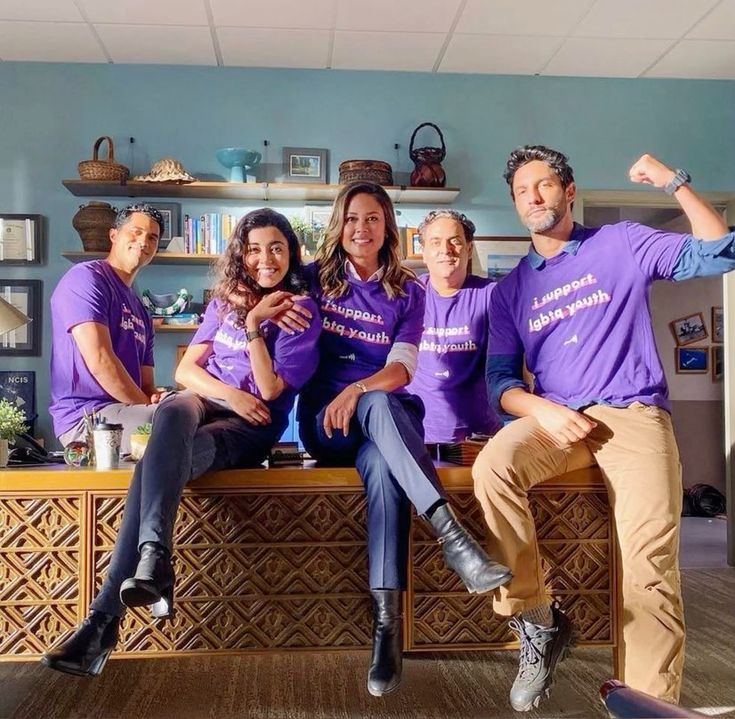
A Candid Moment From a Rising Star
When NCIS: Hawai‘i actor Alex Tarrant opens up about the entertainment world, people listen. The New Zealand–born performer has quickly become one of the standout stars in the franchise. But beyond his on-screen charm, he has a sharp awareness of how different the U.S. and New Zealand entertainment industries truly are.
Recently, Tarrant spoke openly about the contrast between working in Hollywood versus back home — and he didn’t hold back. In his own words, something essential is “missing.”
This article takes a deep dive into his perspective: the cultural differences, the industry gaps, and what Hollywood can learn from New Zealand’s storytelling approach.
Who Is Alex Tarrant? A Rising Global Talent
Before we break down his powerful statement, let’s look at the man behind it.
From New Zealand Roots to Worldwide Screens
Alex Tarrant (Alex Tarrant-Keepa) grew up in New Zealand with a rich Māori, Samoan, and Niuean heritage. That cultural foundation shaped him — and later, shaped his criticism of Hollywood.
Breakout Roles Leading to NCIS: Hawai‘i
Before joining NCIS: Hawai‘i, Tarrant appeared in:
-
Filthy Rich
-
Tatau
-
The Lord of the Rings: The Rings of Power
-
Various New Zealand television productions
But it’s his role as Kai Holman on NCIS: Hawai‘i that skyrocketed his global visibility.
The Heart of His Statement — “That’s Missing”
During an interview, Tarrant discussed the shift from New Zealand’s production environment to the fast-paced, profit-driven U.S. system. The phrase that grabbed everyone’s attention?
“That’s missing.”
But what exactly is missing?
Let’s break down the elements he highlighted.
New Zealand vs. U.S. Entertainment Industry — The Core Differences
New Zealand Prioritizes Cultural Authenticity
In New Zealand, particularly in Māori-centered productions, cultural accuracy and emotional truth are everything. Tarrant explained that storytelling is rooted in:
-
Community
-
Ancestry
-
Place
-
Collective experience
In the U.S., however, culture often becomes a backdrop, not the heart of the narrative.
The Māori Perspective
Tarrant grew up surrounded by cultural traditions, values, and stories passed down through generations. Those elements influence not only how actors perform but how stories are crafted — with purpose, intention, and respect.
The U.S. Industry Pushes Speed and Scale
Hollywood is a machine — fast, massive, and relentless. TV seasons are longer, budgets are higher, and everything is optimized for efficiency.
The Pressure to “Move Fast and Deliver”
In the U.S., there’s an expectation to keep up:
-
Quick turnarounds
-
High production volume
-
Large crews
-
Intense scheduling
Tarrant noted that while impressive, this scale often pushes aside the deeper emotional work found in New Zealand productions.
Collaboration vs. Hierarchy
One of the biggest gaps Tarrant highlighted is the working culture.
New Zealand Sets Feel More Like Whānau (Family)
Collaboration is central. Everyone’s voice matters. Hierarchy feels minimal.
The U.S. Industry Operates on Strict Hierarchies
Hollywood’s chain-of-command culture can feel rigid, intimidating, and less creatively free.
That sense of shared ownership?
Tarrant says it’s missing.

The Importance of Representation in Storytelling
New Zealand’s Strong Commitment to Indigenous Voices
With Māori creators shaping local film and TV, representation isn’t a checkbox — it’s the norm.
Hollywood Is Improving… But Slowly
Tarrant acknowledged positive steps, but he also pointed out:
-
Tokenism still happens
-
Diversity is sometimes surface-level
-
Authentic voices are often underrepresented in writing rooms
When he says something is missing, he’s also talking about the depth and authenticity of representation.
What Alex Tarrant Appreciates About Working in the U.S.
Bigger Opportunities, Bigger Reach
Hollywood offers unmatched global exposure.
And for Tarrant, that visibility has expanded the impact of his work.
Learning From International Talent
The U.S. pulls in creators from all over the world, allowing him to:
-
Learn new techniques
-
Work with diverse castmates
-
Build connections globally
Access to Advanced Technology
From CGI to cutting-edge camera systems, the U.S. entertainment industry is technologically unmatched.
What Hollywood Can Learn From New Zealand
Slow Down and Listen
Tarrant suggests that when productions take time to honor the story — not just the schedule — the outcome is more powerful.
Cultural Advisors Should Be Non-Negotiable
New Zealand productions regularly involve cultural guardians, especially for Māori themes.
Hollywood?
Not so much.
Make Sets Feel Human, Not Mechanical
Tarrant urges the industry to build community, not just content.
Why Tarrant’s Perspective Matters Right Now
Global Audiences Want Realness
Viewers today crave authenticity — real stories, real culture, real voices.
Indigenous Representation Is Rising
From Reservation Dogs to Moana 2, global interest in indigenous storytelling is booming.
Tarrant’s words tap into this moment perfectly.
How His Statement Impacts NCIS: Hawai‘i
On NCIS: Hawai‘i, Tarrant brings his cultural awareness into Kai Holman’s character. He’s even helped shape story choices to ensure authenticity.
Hollywood is listening — and he’s using his platform wisely.
Conclusion — A Call for Heart in Hollywood
Alex Tarrant didn’t criticize the U.S. industry to tear it down. He did it to challenge it—to push for:
-
More authenticity
-
More collaboration
-
More humanity
-
More cultural depth
His phrase “That’s missing” isn’t a complaint.
It’s a blueprint.
Hollywood has the resources, talent, and reach.
New Zealand has the heart, culture, and soul.
Combine the two?
That’s how you tell stories the world will never forget.
5 Unique FAQs
1. What did Alex Tarrant say is “missing” in the U.S. industry?
He pointed to the lack of cultural authenticity, emotional grounding, and set-wide collaboration that are central to New Zealand productions.
2. Why is cultural storytelling important to Tarrant?
His Māori, Samoan, and Niuean heritage deeply shape how he approaches acting and the narratives he wants to see on screen.
3. Does he prefer working in New Zealand or the U.S.?
He appreciates both, but believes Hollywood can learn from New Zealand’s deeper storytelling traditions.
4. How has his background influenced his role on NCIS: Hawai‘i?
Tarrant brings cultural nuance, emotional authenticity, and a collaborative spirit into his character Kai Holman.
5. What changes does he hope Hollywood will adopt?
More representation, stronger cultural consultation, and production environments that feel like community, not hierarchy.
